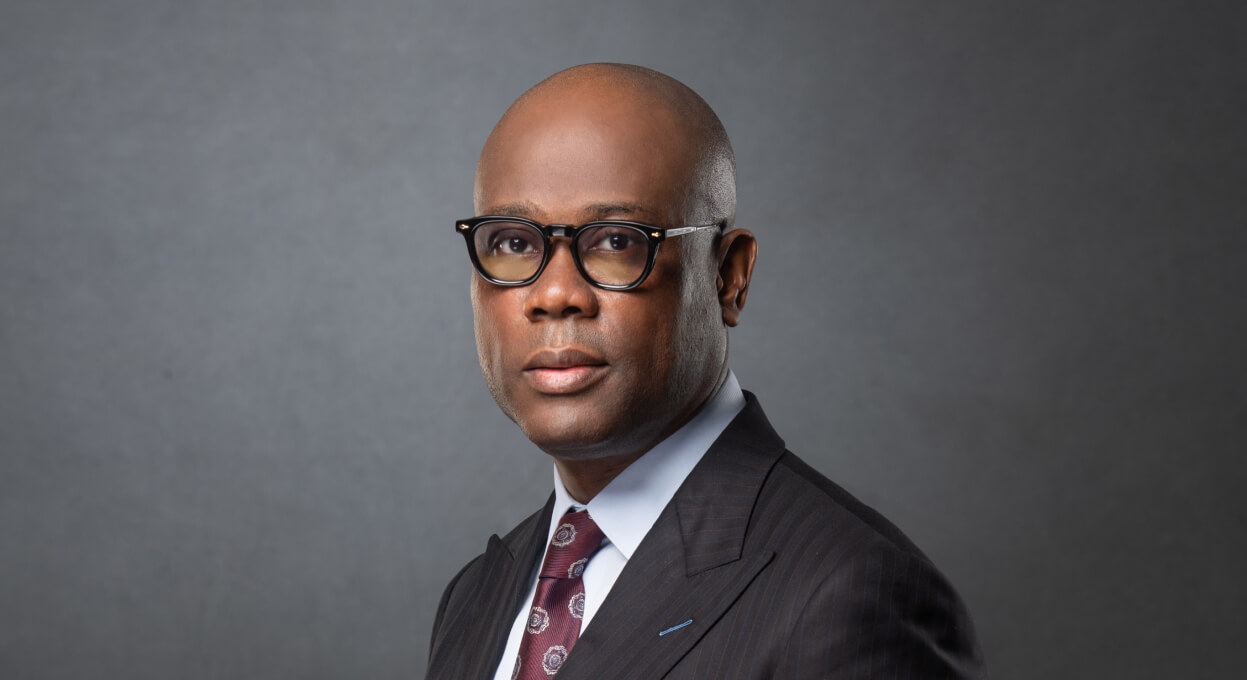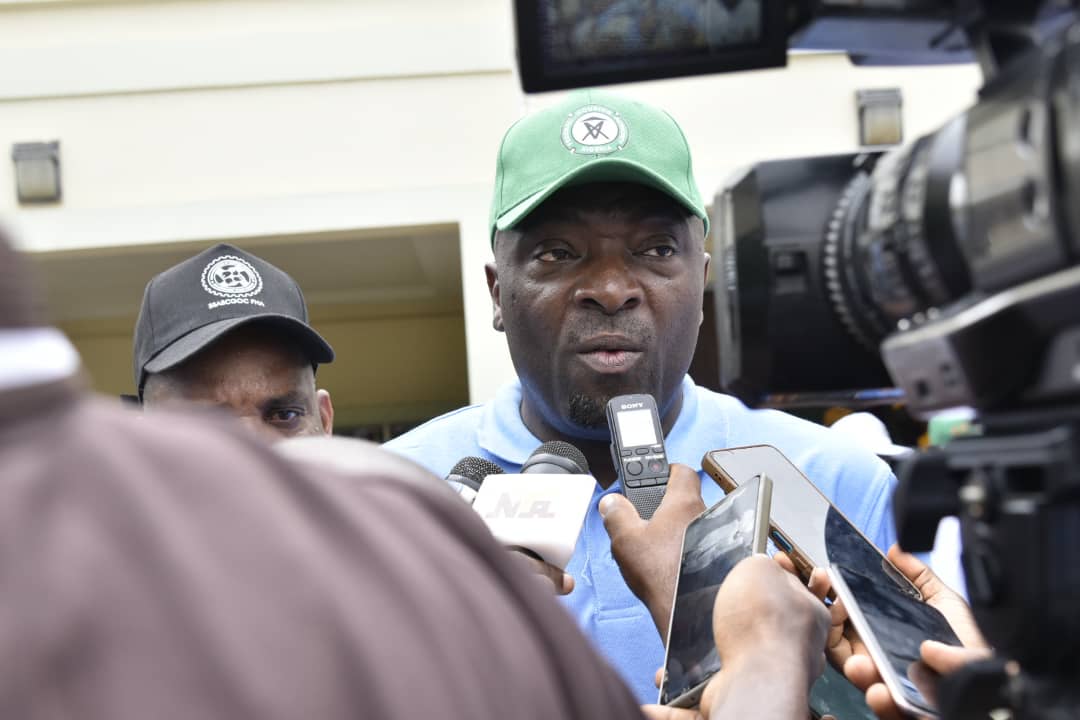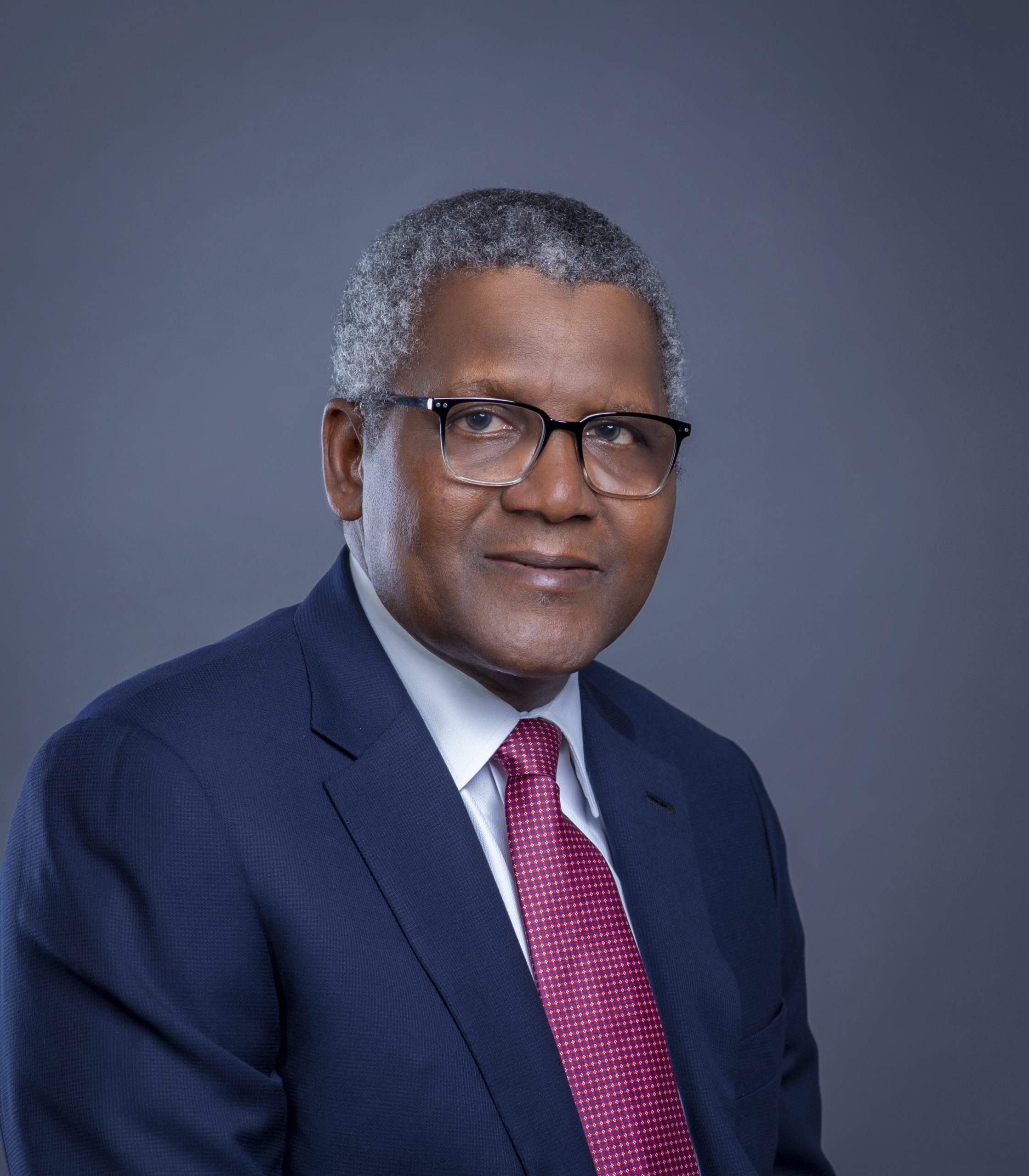Backward Integration: Dangote Targets 700,000MT of Refined Sugar in Four years
…As Q1 revenue rise by 20.1% to N122.7bn
Dangote Sugar Refinery Plc (DSR) has unveiled plans to produce 700,000 metric tonnes of refined sugar from locally grown sugarcane in the next four years, through its Backward Integration Programme (BIP).
Chairman of Dangote Sugar Refinery Plc, Aliko Dangote stated this at the company’s 18th Annual General Meeting (AGM) held yesterday in Lagos, just as the Nigerian Exchange released the company’s first-quarter result for 2024, indicating an increase of 20.1 per cent in its revenue to N122.7 billion.
Dangote, at the AGM, said in alignment with the Federal Government of Nigeria’s policy guidelines, DSR continues to focus on and enhance its Backward Integration Project (BIP) by deploying and reviewing project strategies to ensure efficient delivery.
He noted that the 700,000 metric tonnes would meet 50 per cent of the current market demand for refined sugar. According to him, the 10-year sugar development plan to produce 1.5 million MT of sugar per annum from locally grown sugarcane remains a germane roadmap to the attainment of the Company’s objectives.
“Our focus is on achieving the revised targets set for DSR Numan Operations, Dangote Adamawa Sugar Limited, and Nasarawa Sugar Company Limited, while we are hopeful that the Taraba State Government will resolve the community payment issues that have led to the stoppage of activities at the Dangote Taraba Sugar Limited, Lau/Tau project.”
He added that “…During the year under review, despite the challenges we were faced with, the company significantly scaled up investment in the Backward Integration Projects with the ongoing expansion of the DSR Numan factory refining capacity from 3,000TCD to 9,800TCD year-end.
“The factory will be increased with an additional 5,200TCD to 15,000 TCD (tonnes of cane crushed per day) eventually to meet the need in view of the massive land development activities also going on at the site. The aim is to achieve 24,200 hectares in total by the year 2029.”
He also emphasised that despite the adverse impact on the business environment by the continuous increase in the inflationary trend, lack of liquidity and FX to fund the company’s equipment import among others for the backward integration projects, concerted efforts are ongoing to secure the needed funds for the development of the Nasarawa Sugar Company Limited project at Tunga in Awe Local Government Area of the state.
“This will enable the company to put in place the needed infrastructure for the eventual commencement of full-scale production and ensure that the Dangote Sugar Backward Integration ‘Sugar for Nigeria Project’ is achieved. In the end, over $700 million investment would be committed to the Backward Integration Programme,” he added.
Dangote said that the Dangote Sugar (Ghana) Limited, was established as a subsidiary of the Company during the year under review, in line with the plan to expand its presence in the sugar industry across Africa.
On outlook, he stated that “achievement of the goals of the Sugar Backward Integration Master Plan remains our focus. This will go a long way in delivering the anticipated benefits, especially in FX savings and cushioning its impact on our operations amongst other benefits to the company, all stakeholders, and the nation.”
Group Managing Director/CEO of Dangote Sugar, Ravindra Singhvi said, “Despite these challenges, we are resolute and focused on the delivery of our business targets in the medium to long term.”
He pointed out that “as we continue to navigate through the scarcity and high cost of foreign exchange, escalating costs of raw materials amongst others, our focus is to enhance the effectiveness of our supply chain processes, optimise cost, improve our operational efficiencies and delivery on our Sugar for Nigeria backward integration project.”
He said “the target is to produce a minimum of 1.5MT refined sugar annually from locally produced sugarcane at our integrated sugar production estates, which is expected to alleviate some pressure on costs and our demand for foreign currency.
“Achievement of a sustainable business remains one of our key strategies and concerted efforts were made towards sustaining the achievements we have recorded in the past,” Singhvi added.

 Business6 months ago
Business6 months ago
 celebrity radar - gossips5 months ago
celebrity radar - gossips5 months ago
 celebrity radar - gossips4 months ago
celebrity radar - gossips4 months ago
 Business3 months ago
Business3 months ago














